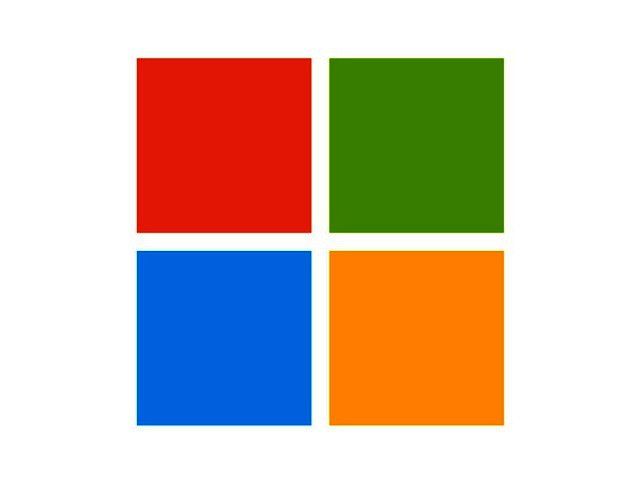By Lionel Moyal, Office Business group lead at Microsoft South Africa
While digital transformation may be the most game-changing technology shift happening across businesses today, the process affects, and is driven by people. They are located across functions, ranging from IT to HR and marketing, and by utilising new technologies they are able to make new business models possible, optimise operations, empower staff, and reinvent products as well as services.
It is not only digital transformation that is changing the workplace, other prominent factors such as the expectations of employees, are changing with regards to mobility, flexitime, and working from home. Staff want to use their personal devices for doing work and choose the platforms and services they utilise to work, collaborate and communicate with their fellow staff, clients, partners, and other stakeholders.
Furthermore, there’s a shift from routine tasks to an emphasis on critical thinking and creativity, while teamwork has been increased, companies have become more networked, and a greater need for making people and information more discoverable has been created.
Other contributing factors to the evolution of the modern workplace includes many companies now employing a more diverse and even globally distributed team, through to an increasingly complex cyber security landscape.
As a result of all these disruptive trends, a new culture of work is emerging and organisations need to empower their people with innovative technology to embrace this modern culture – one that should provide people with a stronger sense of purpose, transparency, and sense of belonging.
An all-encompassing productivity platform available anytime, anywhere, on any device
Businesses need technology that is able to deal with evolving business needs, distributed teams, and an increasingly complex threat and compliance environment.
This technology also needs to deliver complete, intelligent and secure solutions that empower employees.
This thinking is what drove the development of Microsoft 365 Business, which brings together Office 365, Windows 10 along with Enterprise Mobility and Security functionality. Employees are connected through applications such as Microsoft Teams, and staff are connected with customers and suppliers through solutions like Skype for Business.
In addition, the solution empowers employees to get work done from anywhere, on any device, while protecting company data and IP across devices with always-on security.
This is essential since information loss is now the most expensive consequence of cyber-crime, closely followed by business disruption and loss of employee productivity according to Ponemon Institute's HP 2016 Cost of Cyber Crime Study & the Risk of Business Innovation, October 2016.
Businesses also gain some solutions that have been specifically developed to help the company grow, make marketing simpler, and take the hassle out of mundane organisational tasks such as invoicing.
These include Microsoft Connections that enables companies to produce more impactful email marketing campaigns while still being simple-to-use, Microsoft Listings that provides an easy way to publish your business information on top sites, and Microsoft Invoicing, which is a new way to create professional invoices and get paid fast.
Microsoft 365 Business simplifies the set-up and management of employee devices and services with a single IT console, making it even more accessible to SMEs and startups that do not have permanent or outsourced IT staff.
It has become essential for businesses to find ways to make their staff more productive and their business more responsive to changes in customer needs or the market.
They need to respond to industrial- as well as technological disruption, and be in a better position to transform their business for the digital era.
Enterprise-grade applications and security allows for them to do this while still enabling their staff to work efficiently as part of the new work cultures entering the market.





